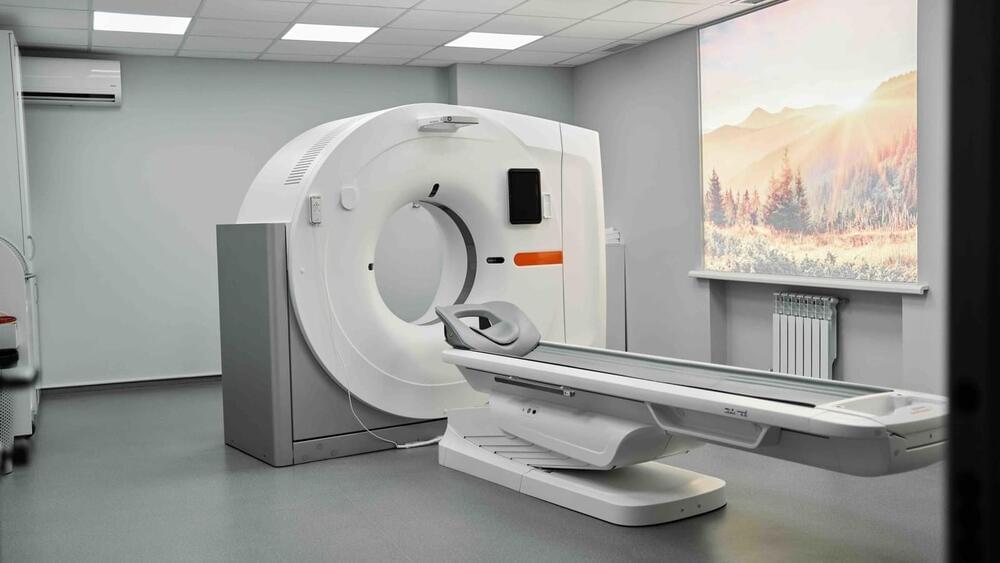Optical data communications lasers can transmit several tens of terabits per second, despite a huge amount of disruptive air turbulence. ETH Zurich scientists and their European partners demonstrated this capacity with lasers between the mountain peak, Jungfraujoch, and the city of Bern in Switzerland. This will soon eliminate the necessity of expensive deep-sea cables.
The backbone of the internet is formed by a dense network of fiber-optic cables, each of which transports up to more than 100 terabits of data per second (1 terabit = 1012 digital 1/0 signals) between the network nodes. The connections between continents take place via deep sea networks—which is an enormous expense: a single cable across the Atlantic requires an investment of hundreds of millions of dollars. TeleGeography, a specialized consulting firm, announced that there currently are 530 active undersea cables—and that number is on the rise.
Soon, however, this expense may drop substantially. Scientists at ETH Zurich, working together with partners from the space industry, have demonstrated terabit optical data transmission through the air in a European Horizon 2020 project. In the future, this will enable much more cost‑effective and much faster backbone connections via near-earth satellite constellations. Their work is published in the journal Light: Science & Applications.






